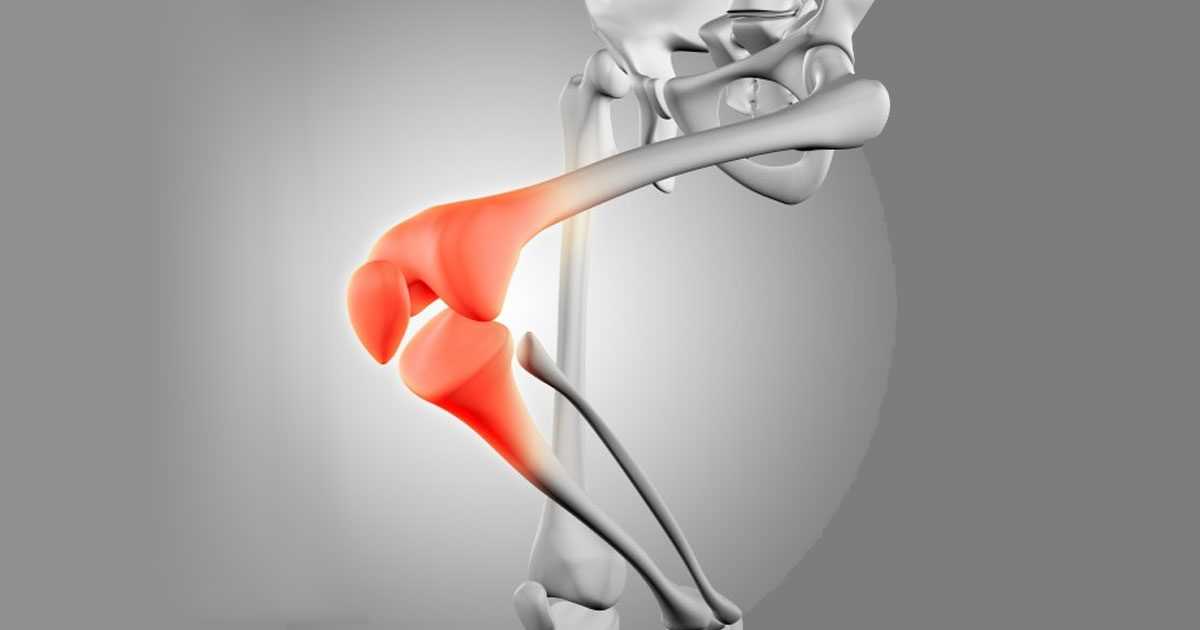Since primary school, we know well what vitamin D is and why do we need it? But the function of Vitamin D is not only limited to healthy bones, in fact, recent studies have shown that vitamin D also plays a significant role in the prevention of long-term diseases.
1. Osteoporosis:
Vitamin D is well-known for its role in bone health. It helps the body to absorb calcium and integrate it to increase bone density. A lack of vitamin D leads to weak bones in people suffering from osteoporosis. Severe deficiency of vitamin D causes Rickets in children and osteomalacia (“soft” bones) in adults.


2. Obesity:
When a person becomes obese, the excess fat reserves “trap” vitamin D, thus lowering its availability in the body. If the body becomes vitamin D deficient, the person becomes more susceptible to serious health problems.
3. Metabolic Abnormalities:
Scientific studies have shown that people with low vitamin D are likely to have pre-diabetes, type-2 diabetes, and metabolic syndrome (increases the risk of diabetes, heart disease, and stroke). These diseases are even more likely to target children and teens with vitamin D deficiency than adults.
4. Cancer:
Scientific researchers have linked low vitamin D levels in the blood to a higher risk of certain types of cancer.


It has also be found that higher the vitamin D intake, either naturally from sunlight or by taking supplements, the lower the risk of certain types of cancer including colorectal cancer, breast cancer, and prostate cancer. To book an appointment with the best oncologist in Karachi, Lahore or any other main city of Pakistan visit Marham.pk.
Do you know dietary changes that can prevent breast cancer?
5. Hormonal Imbalance:
Vitamin D isn’t just a vitamin, it really is a prohormone, a substance that is converted into a hormone by enzymatic reactions. This hormone then acts as a trigger for important biochemical processes. To address hormonal imbalances and related health issues book an appointment with the best endocrinologist in Karachi, Lahore or other main cities of Pakistan via marham.pk.
Sources of vitamin D:
- The skin naturally makes vitamin D in the presence of sunlight.
- We also obtain vitamin D from certain foods, such as dairy products and certain oily fish (salmon, mackerel, and sardines).
- Vitamin supplements are also available in the form of capsules.
Vitamin D is an essential component of our body that functions by binding to a protein (called the vitamin D receptor). This receptor is present in almost every cell in the body and influences many different body processes.

